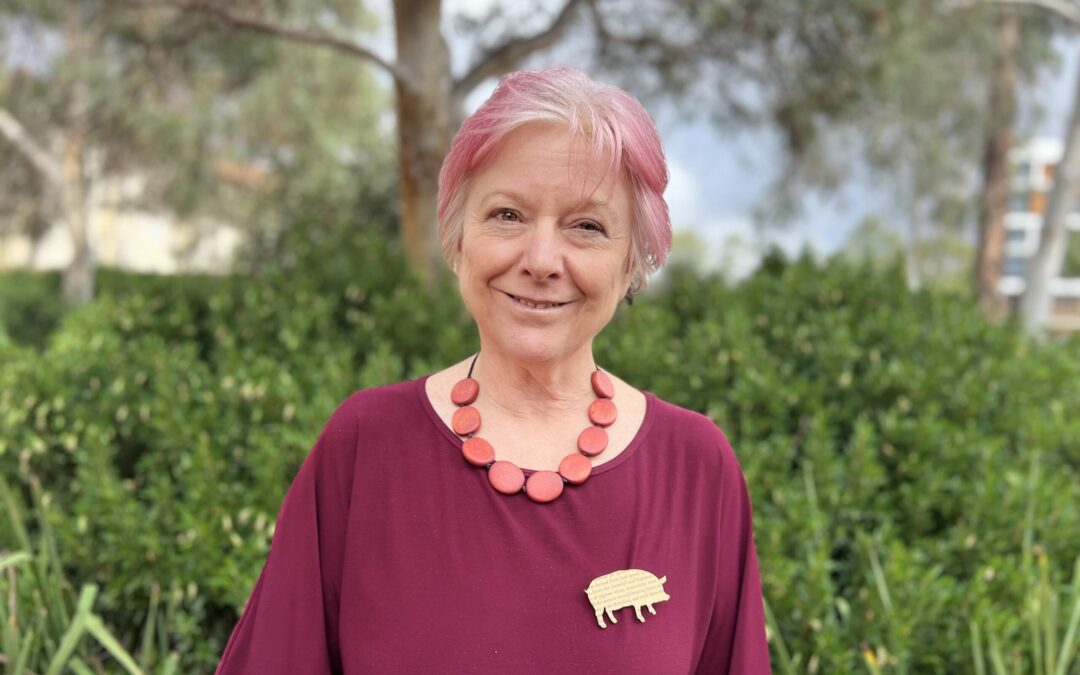Medicine has had significant transformation over recent decades. Gone are the days where women like Margaret Ann Bulkley had to pretend to be a man to practice medicine; now over 50% of medical students are female in the UK, and it’s likely that in the next few years over 50% of practicing doctors will be female. So why the big deal? Surely having ovaries rather than dangly bits in your pants doesn’t make you a worse doctor… or does it?
If you were to believe everything you read in the context of media in the UK, you might be under the impression that a massive influx of women is ruining healthcare, because they selfishly decide to embark on families thus limiting their clinical practice. What these articles fail to mention is that this displays serious archaic practices in job planning, rota structuring and recruitment of enough trainees. Retention of trainees in acute specialities (i.e. Emergency medicine) has been under much scrutiny in recent years – and of course the easiest attack is to blame the XX chromosome, but the prevailing work conditions deter people, regardless of gender. Women may not be training in these undersubscribed specialities, but men aren’t applying either. If we were to look at the reasons why people don’t apply I’m sure the reasons would be gender equal. Burnout, fatigue, and failure to adequately balance family/work life affect everyone, not just those with sensitive ovaries.
Female doctors are an asset to the profession and your gender does not make you any better or any worse at the job. Presumptions such as women are better at communication so should go into specialities like paediatrics and men have better stamina so make better surgeons are rubbish.
The world is changing and women now have the ability to leave the shackles of the kitchen, drag themselves to a university and leave with a glittering medical degree. I’ll let you in on a secret: a medical degree isn’t easy; it takes time, effort and dedication. If you didn’t want to practice medicine and wanted be a housewife with babies you probably wouldn’t go through the ordeal. So why are we allowing ourselves to be patronised? Female doctors are an asset to the profession and your gender does not make you any better or any worse at the job. Presumptions such as women are better at communication so should go into specialities like paediatrics and men have better stamina so make better surgeons are rubbish. There are women who are fantastic surgeons and men who are amazing with babies. It’s not about your gender – it’s about your personality, academic ability, emotional intelligence and insight into about what speciality interests you.
We can’t deny that women are the ones who biologically will carry the child and thus will need time off work to support their offspring. But this one-sided attitude displays how far behind we are with gender equality. Financially going back to work and paying for childcare often puts you in a deficit. A final year registrar (the most senior doctor in the department out of hours in one of the busiest hospitals in the country) was taking home £100/month ($163AUD) working full time after paying for rent and childcare- what is the incentive to go back to work? Furthermore, we need to be more progressive with job sharing. Many men would love to work less and spend more time with their families.
We can’t deny that women are the ones who biologically will carry the child and thus will need time off work to support their offspring. But this one-sided attitude displays how far behind we are with gender equality. Financially going back to work and paying for childcare often puts you in a deficit.
Women are still expected to look after the children and put their career on hold. Forget about going into academia – because girl, you have a baby now. This is not a fault of sexist partners who insist their beloved gives up any career intentions, it is due to deeply embedded structural discrimination within the institutions of medicine and academia. We need reform and we need change. We need more women in higher positions of power and more flexibility to pursue both life and medicine. We are missing out on huge opportunities by excluding over half of the workforce.




